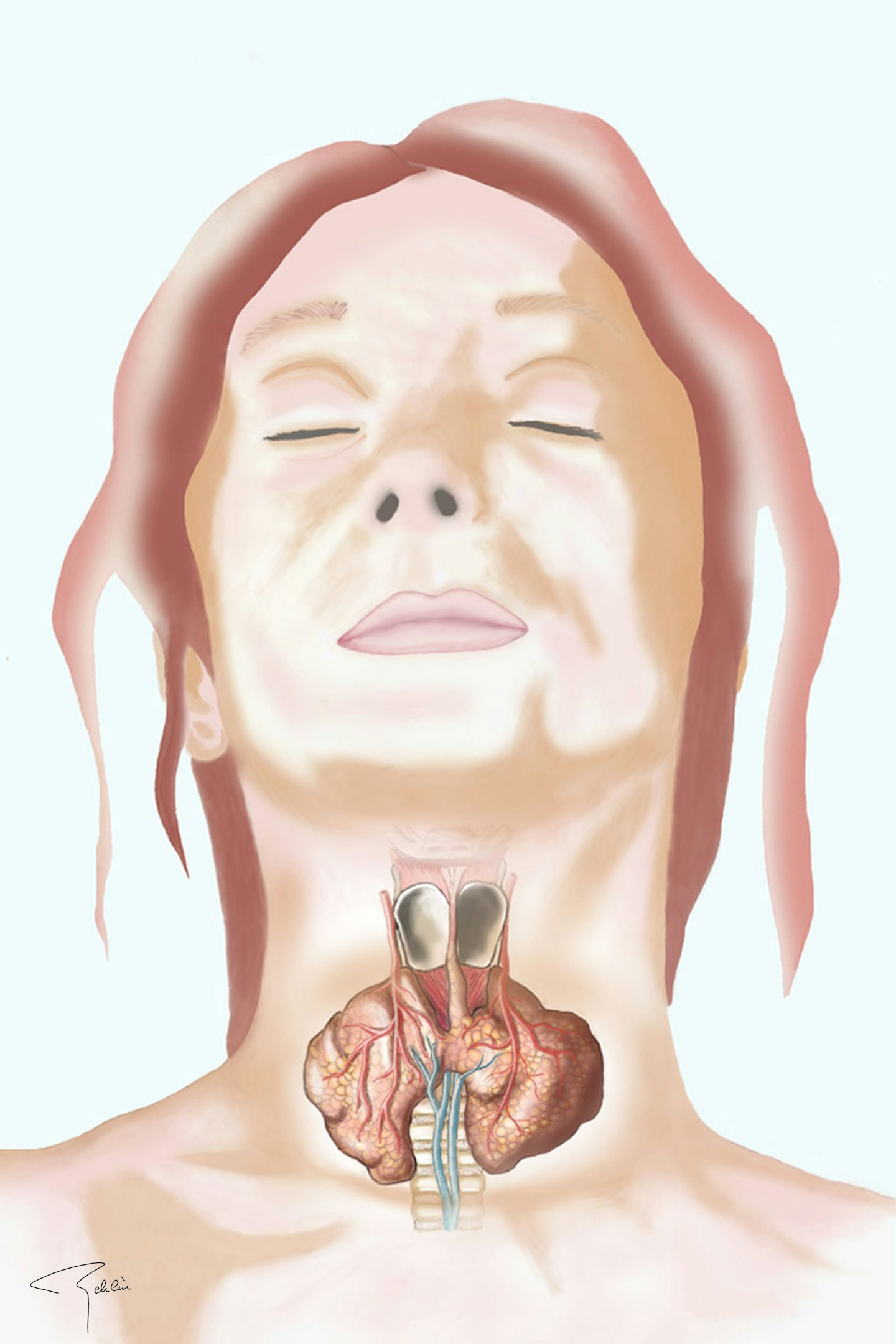You may already know that your thyroid plays a vital role in regulating hormones. But how can you tell if it’s working right?
The NHS says 15 out of every 1,000 women in the UK have a thyroid problem that may be wreaking havoc with your body and chances of getting pregnant.
The symptoms of a thyroid problem vary from mild to severe – every woman’s body responds in different ways.
There’s a lack of consensus in the medical community about what causes an underactive thyroid (Hypothyroidism) or an overactive one (Hyperthyroidism).
“One of the key issues with screening for thyroid disease is that there is no nationally agreed standard for what is a 'normal’ thyroid range,” says Lucy Boxall of Public Health England.
Read about some of the symptoms below and speak to your GP about a simple thyroid test if you’re concerned.
Men and children can also suffer from thyroid problems but they are far more common in women over 35.
What is the thyroid?

The thyroid is an endocrine gland located in your neck (below the Adam’s apple) that secretes hormones which regulates your body’s metabolism.
What happens when your thyroid goes awry?
An underactive thyroid (Hypothyroidism) is where not enough thyroxine is produced so the cells and organs of the body slow down.
An overactive thyroid (Hyperthyroidism) is where too much thyroxine is produced for the body’s needs.
Hypothyroidism is the more common disorder.
Symptoms of an underactive thyroid (Hypothyroidism):
-
You have gained weight whilst eating and exercising normally
-
You are always exhausted, even if you’re not sleep deprived
-
Your mood is consistently low or you feel unusually depressed
-
Your skin is dry and itchy or your nails are brittle
-
You are constipated
-
You have muscle aches and cramps
-
Your brain feels slow and fuzzy
-
Your periods are heavy, last longer and cramps are more intense
-
You’ve lost interest in sex
-
You feel the cold
Symptoms of an overactive thyroid (Hyperthyroidism):
-
You feel anxious, irritable and nervous
-
You are restless or feel hyperactive
-
You feel tired and weak
-
Your appetite has increased but you haven’t gained weight
-
You have heart flutters or palpitations
-
Your periods are very light or infrequent
-
Your feel hot and sweaty
-
You need the toilet more often
-
You’ve lost interest in sex
-
If you are diabetic – related symptoms like excessive thirst are worse
Having trouble getting pregnant?
An undiagnosed thyroid problem can interfere with your chances of getting pregnant because thyroid hormones facilitate ovulation.
If you’ve been trying unsuccessfully for some time, ask your doctor for a blood test that will confirm whether your hormone levels are normal.
Both hypothyroidism and hyperthyroidism are linked to infertility, so it’s best to get checked with a simple blood test.

What are the treatments?
Fortunately, thyroid disorders are treated effectively with medication. In some cases, you’ll be referred to an Endocrinologist who may also monitor your condition over time.
People with Hypothyroidism will be prescribed a daily hormone replacement pill called levothyroxine. Regular blood tests are needed to get the dosage right.
Hyperthyroidism is treated with medication (such as carbimazole and propylthiouracil) that stops your thyroid producing excess hormones. It may take several weeks until you notice any improvement.
Need support?
The British Thyroid Foundation provides information and support to people with a thyroid disorder, along with their family, friends and carers.
